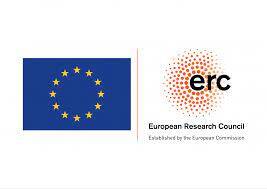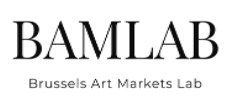MOOVA - Making Old Object Valuable Again. The Cultural, Economic Challenges and Sustainability Opportunities of Antiques in the 21st Centruy.
What do antique porcelain, furniture, and silverware have in common? Most of them fall into the category of informal heritage. Regardless of their cultural significance, many “ordinary” antiques remain on the margins of cultural institutions and scholarly research. As a result, the question of how everyday antiques are safeguarded, valued, marketed, perceived, and consumed remains largely underexplored, placing material evidence of our visual culture in a critical situation, especially in view of the generational and technological transition faced by the sector. In response to this challenge, MOOVA will explore the potential of antiques for developing sustainable heritage, business, and consumption models.
MOOVA's main missions are:
1. To highlight the complex cultural value of ordinary antiques and the patrimonial role of local antique dealers and locals as guardians of informal heritage.
2. To explore the supply and demand for antiques in the digital era, through the lens of their economic value.
3. To understand the perceived value of antiques by Gen Z.
4. To develop theoretical and applied models for reassessing the meaning, relevance, and value of these heritage goods nowadays.
MOOVA’s originality lies in its focus (European decorative arts), transversal approach (cross-objects, markets, countries), and combination of theories, data, and methods from both traditional (heritage studies, socio-anthropology) and non-traditional disciplines (cultural economics, cognitive science, marketing). Data mining, using fresh empirical evidence from interviews and sales results, will lead to the development of our reevaluation models. MOOVA's academic outputs will deal with vital issues such as the preservation of local heritage, audience renewal, and local place branding. Overreaching benefits will include more advanced scholarship and education, risk reduction in business decision-making, job creation, and more sustainable citizenship.




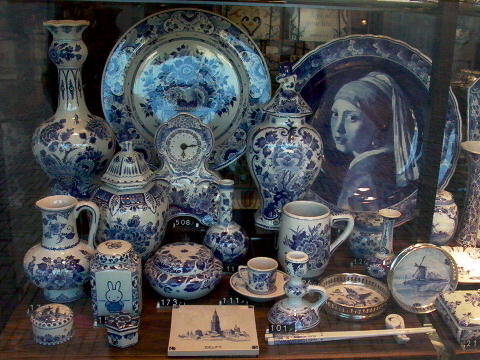



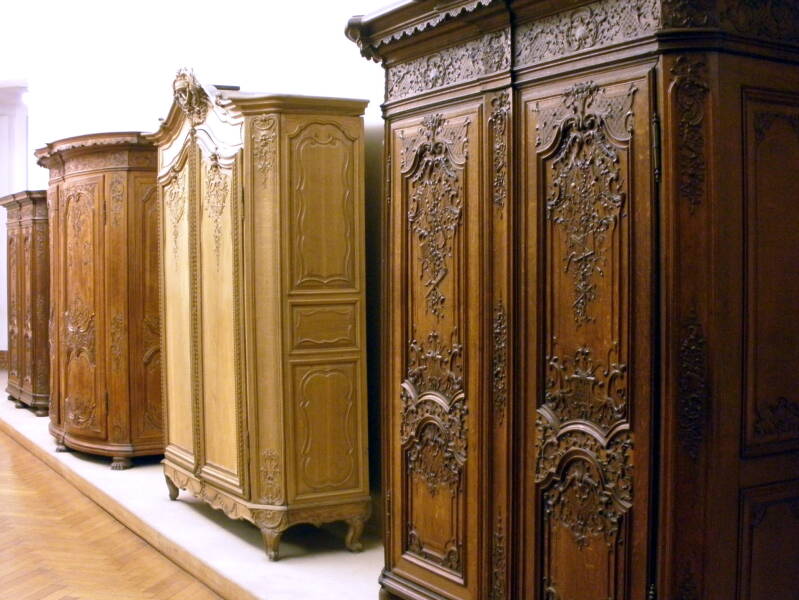

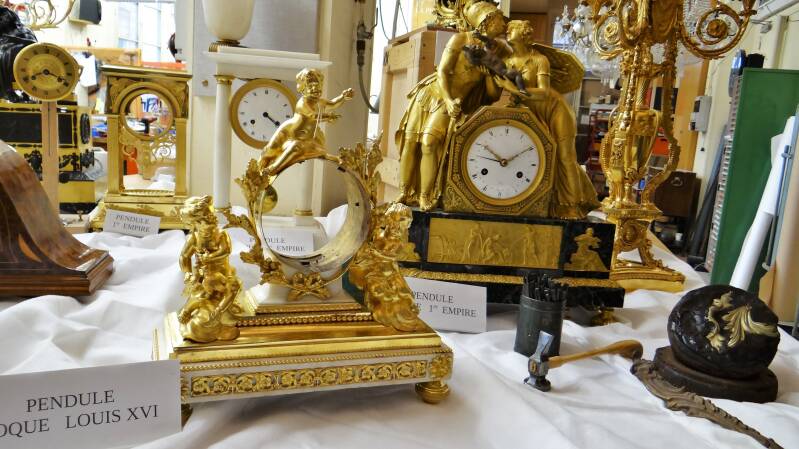
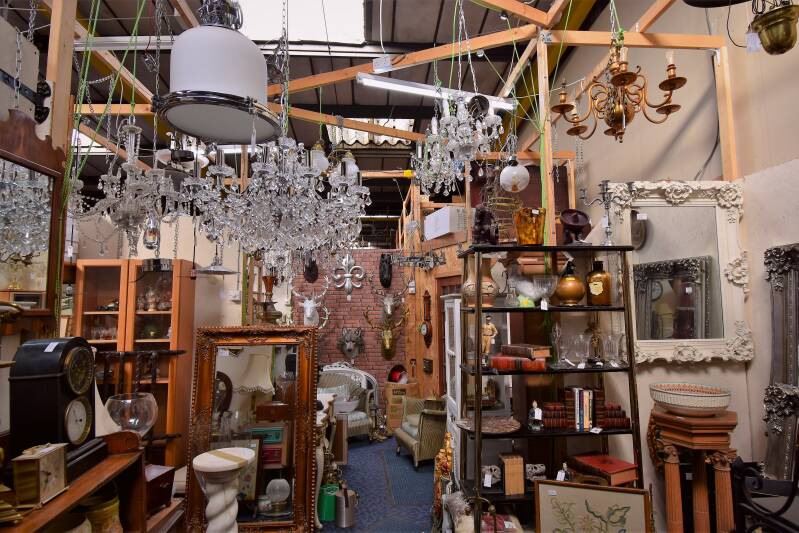
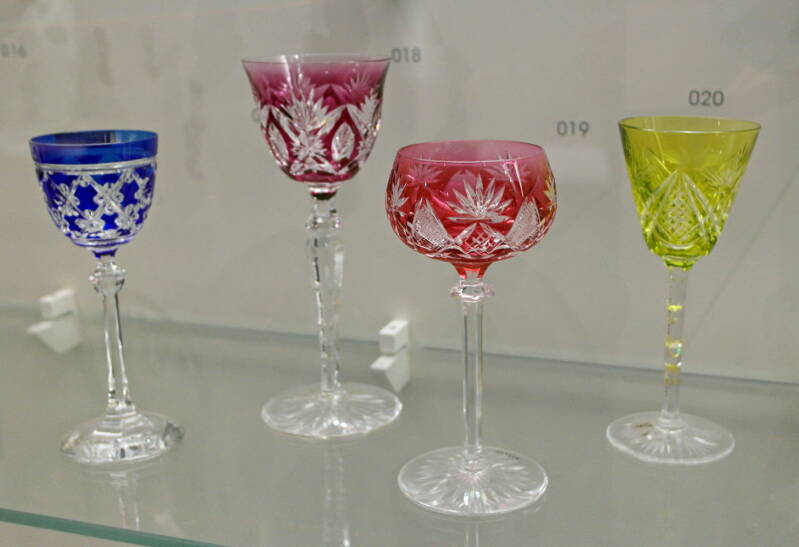
📌 What's new? 📌
CALL FOR CONTRIBUTIONS (BOOK PROPOSAL) “Low End”: Exploring the Bottom of the Markets for Arts and Cultural Goods (Palgrave McMillan Series on Cultural Economics and the Creative Industry)
The goal of this book is to explore the bottom end of the markets for arts and cultural goods. While prior academic research and the art market reports have mostly focused on the higher and middle ends of the market for fine arts, there is now an urgent need to document these lower market segments to reach a more comprehensive understanding of the art market’s complexity and diversity. The deadline for the extended abstract is August 31, 2024.
See the "News" section for more info.

Follow us
📌 Follow and share the pages of our ERC-StG project MOOVA - Making Old Objects Valuable Again - The cultural, economic challenges and sustainability opportunities of ordinary antiques in the 21st century.
We are on:
➡ Facebook: https://www.facebook.com/moova.erc
➡ Instagram (moova_erc)
➡ LinkedIn: https://www.linkedin.com/company/moova-making-old-objects-valuable-again/
➡ Website: www.moova-erc.eu
More soon, stay tuned! #EuropeanResearchCouncil Université libre de Bruxelles #antiques #antiquesdealer #ArtMarket

Contact us
Do not hesitate to contact for further information
MOOVA Office
ULB - Solbosch Campus
Building S, 15th floor (S15-205)
Av. Jeanne 44, 1050, 1050 Ixelles
MOOVA is a research project funded by the European Research Council (ERC-2022- Starting Grant) from September 2023 to August 2028. The project is hosted by the Université libre de Bruxelles
(Av. Franklin Roosevelt 50, 1050 Bruxelles, Belgium)
